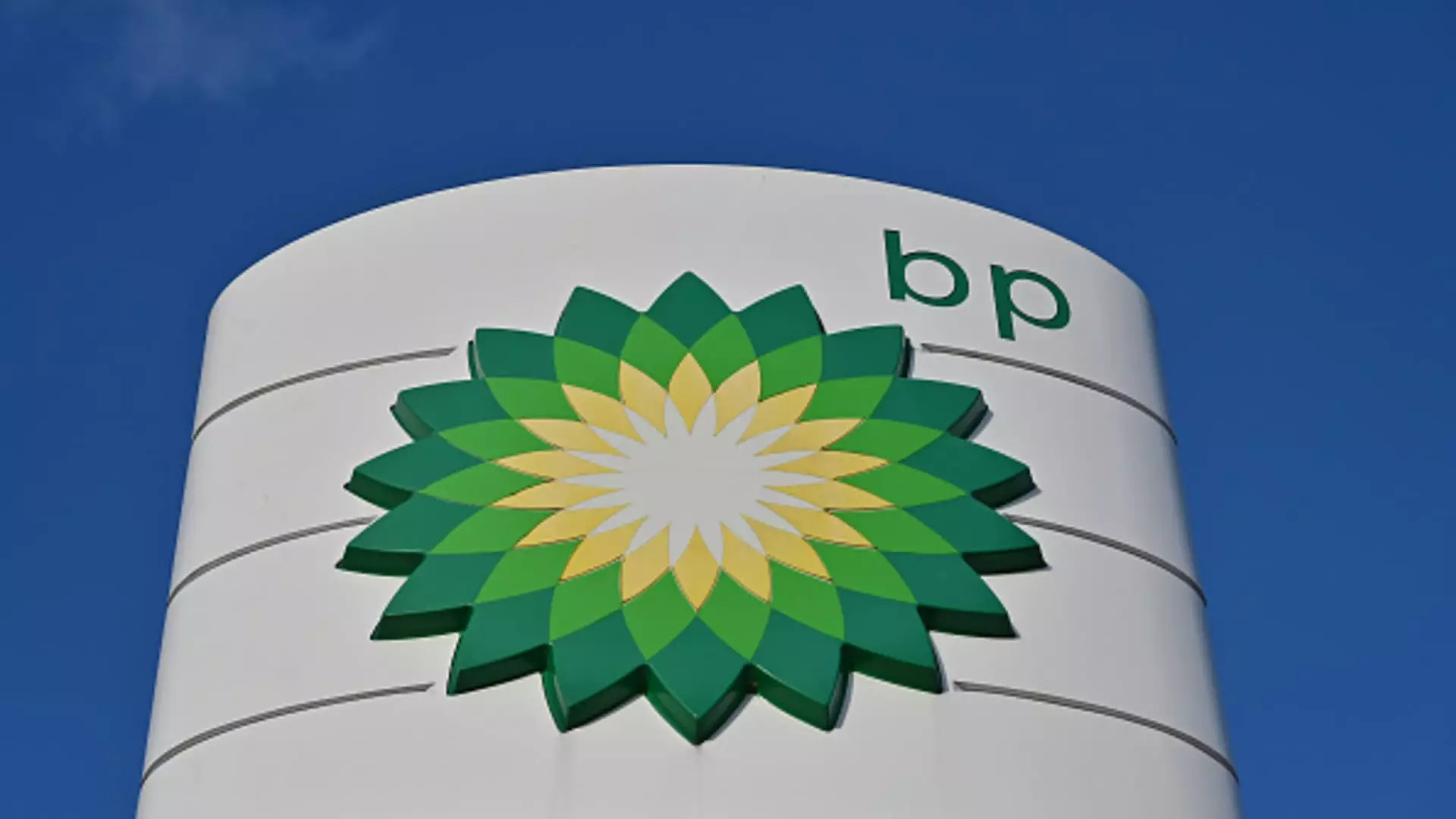British oil giant BP exceeded analyst expectations by reporting an underlying replacement cost profit of $2.8 billion for the second quarter. This result was higher than the predicted $2.6 billion, showcasing the company’s ability to perform well in a challenging market environment. Additionally, BP raised its dividend by 10%, demonstrating confidence in its financial performance and outlook for cash generation.
Despite warning of lower refining margins, BP managed to navigate challenges by driving focus across the business and reducing costs. The company confirmed a writedown of $1.5 billion, partly due to scaling back refinery operations at its Gelsenkirchen plant in Germany. BP’s CEO, Murray Auchincloss, emphasized the importance of building momentum towards the company’s goals for 2025 and delivering higher value through simplified operations.
Debt Reduction and Shareholder Confidence
BP’s net debt decreased to $22.6 billion at the end of the second quarter, down from $23.7 billion compared to the same period last year. This reduction in debt, combined with the dividend increase and share buyback program, reflects the company’s commitment to boosting shareholder returns and strengthening investor confidence in its strategy. The 2% rise in BP’s stock price on Tuesday morning indicates positive market sentiment towards the company’s performance.
BP has faced challenges in balancing its oil and gas investments with green pledges in response to investor pressure and changing market dynamics. The company’s previous commitment to reducing emissions by 35% to 40% by the end of the decade has been modified to a target of 20% to 30% cut, highlighting the need to balance sustainability goals with meeting energy demand. The decision to pause renewables projects and impose a hiring freeze indicates a shift in focus towards cost-cutting initiatives to improve returns.
BP’s financial results come at a time when the company is seeking to rebuild investor confidence amidst increasing competition and market volatility. While BP’s stock price has seen a marginal decrease year-to-date, British rival Shell and U.S. oil giant Exxon Mobil have experienced positive growth in their share prices. Analysts have noted BP’s resilient earnings in the second quarter, with particular emphasis on the dividend increase and debt reduction as positive indicators for the company’s investment case.
Moving forward, BP will need to carefully navigate the transition towards a more sustainable and profitable business model while addressing investor concerns and market challenges. The company’s focus on simplifying operations, reducing costs, and maintaining shareholder returns will be crucial in driving long-term success and creating value for stakeholders. By striking a balance between oil and gas investments and environmental commitments, BP can position itself as a leader in the energy sector and adapt to changing industry dynamics.


Leave a Reply